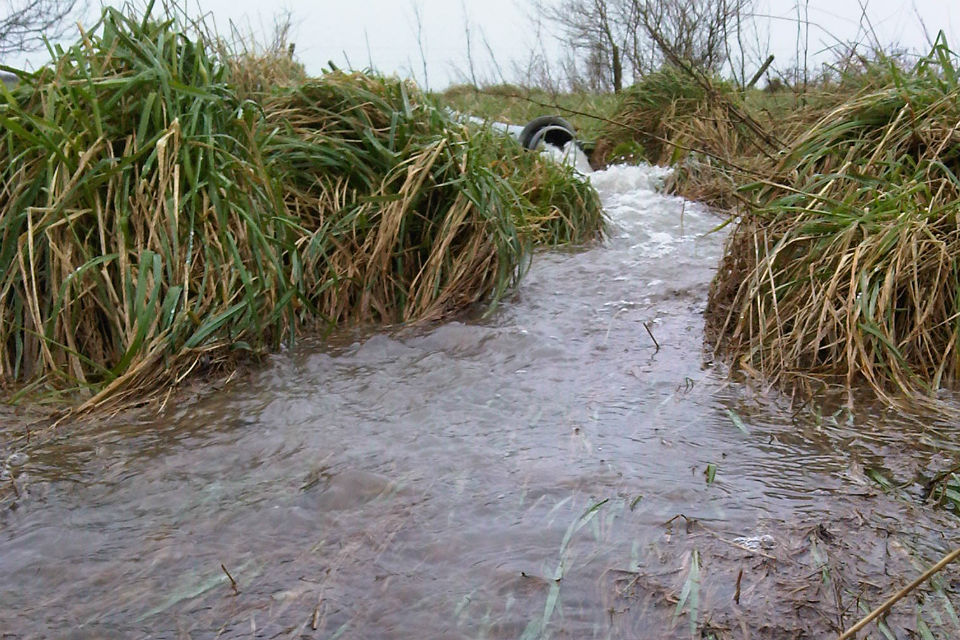Officials in E. China punished for infection scandal
Several hospital officials in east China’s Shandong Province have been sacked after nine patients were infected by hepatitis B there.
The head and deputy head of the People’s Hospital in Chengyang District of Qingdao City have been removed from their administrative and Communist Party of China posts, according to the district government.
The director of the hospital’s infection-control and nursing departments, and the director and nursing head of the hemodialysis unit have also been removed from their posts. Other staff implicated have received discipline punishments of the CPC.
According to the local government, the district’s health and family planning bureau received a report about nine patients infected by hepatitis B in January. Investigators later found that it was staff with the hospital’s hemodialysis unit who operated against regulations that led to the infections.
The patients are receiving treatment and are stable.

